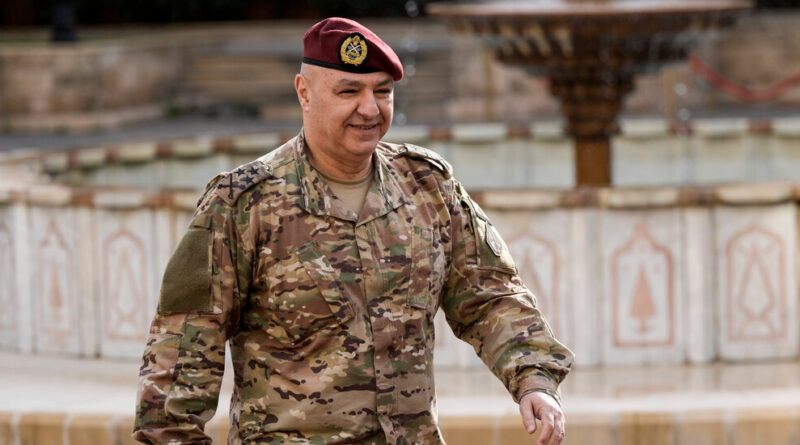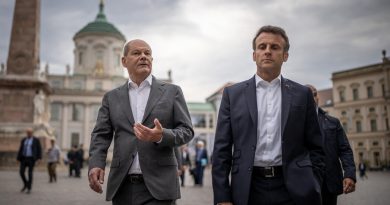Lebanon Elects Army Chief Joseph Aoun as President

Lebanon’s fractured Parliament overcame more than two years of gridlock on Thursday to select a new president, a critical step toward bringing stability to a country attempting to recover from economic catastrophe and a devastating war.
Lawmakers elected Gen. Joseph Aoun, the commander of the Lebanese military, by an overwhelming majority in the second round of voting, with 99 votes in the 128-seat Parliament, after he failed to achieve the necessary tally in the initial round. It was a breakthrough in the effort to form a government after more than two years of weak caretaker rule.
“Today, a new phase in Lebanon’s history begins,” General Aoun said during his victory speech.
The vote was seen as a crucial milestone for Lebanon, and people in Beirut, the capital, celebrated with fireworks and gunfire as the results became clear. The crisis-hit nation has endured a series of disasters in recent years, including an economic collapse and a war between Israel and the Lebanese militant group Hezbollah that has left large areas in ruins.
The election on Thursday — which frequently descended into shouting matches — also reflected shifting power balances in the region and came at an unnerving time for Lebanon. In neighboring Syria, an untested government is attempting to chart a path forward after years of civil war. The fall of the Assad regime in Syria and the military defeat of Hezbollah, the militia that has long been Lebanon’s dominant political force, have also meant a sudden loss of power for their patron, Iran.
Lebanon’s international backers, including the United States, have implied that postwar financial support is contingent on the election of a president. According to the World Bank, the Israel-Hezbollah war, which has been suspended during a fragile 60-day cease-fire, has caused $8.5 billion worth of damage and losses in Lebanon.
Since October 2022, when Michel Aoun stepped down as president at the end of his six-year term, the Parliament had voted on a replacement 12 times without success. Under Lebanon’s sectarian power-sharing agreement, the president must be a Maronite Christian.
Source – NY Times



